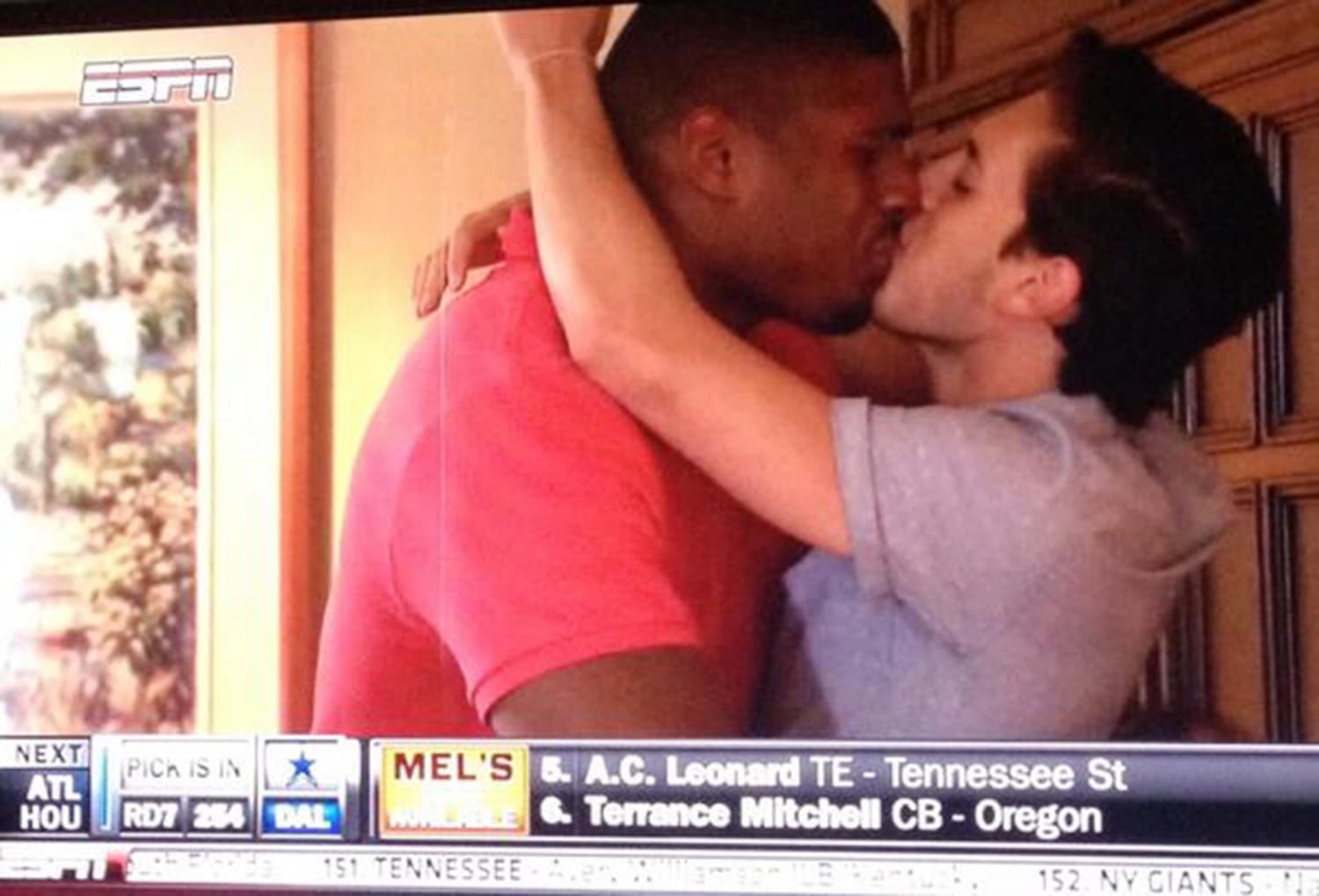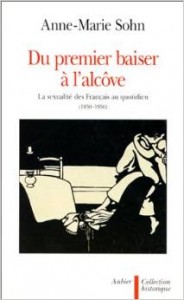Class is canceled tomorrow (not for President’s day, mind, but for Mardi Gras) and I thought, after reading an interesting piece on privilege by Belle Waring at Crooked Timber, I may use some of the extra time to write a proper blog post. The post itself serves as an invitation for her — unusually respectful — commentators to continue discussing the broader issues raised by the recent post — comment really — by Scott Aaronson on the relationship between male nerd culture and feminism. The gist of the matter is that some men feel that their status on the bottom of the masculine totem pole is evidence of their lack of “privilege” and feminism either a) is the cause of that problem or, more gently, b) hasn’t done enough to address it (Susan Bordo would probably disagree). At its extreme, these beliefs lead to men’s rights activists and gamergate, and more moderately, whines about how feminism ruined everything.
My desire to post on this was not about the whole issue, but rather to just try to lay out a couple of the more annoying misconceptions about what “privilege” means when its used in feminist, queer, and other minority discourses. I admit, however, that I rarely use the term myself when I teach, mostly because when I used to throw it around in my college years, it became a catch-all explanation for the operation of power. Rather than offering an analytical lens privilege became a cudgel, a self-evident explanation for all sorts of social relationships that are often much more complicated. I actually think that some of the problems people have in understanding the use of the term is related to this issue. When folks hear “male privilege” they understand that to mean “privilege defines masculinity,” when in fact there are all kinds of masculinities that operate in contemporary life, some of which are more privileged than others.
Anyway, there was a comment in Belle’s thread that got me thinking on these lines. Here’s the second half:
The idea that, when I encounter a daughter of wealth, who never had to deal with beatings, that I, the son of a blue collar worker, who picked radishes next to migrant workers as a teen, am the ‘privileged’ one, strikes me as more than a little hilarious.
Look, people are individuals, with individual circumstances, and life stories, and this business of assigning ‘privilege’ to entire genders or races, in complete disregard of those individual details, isn’t just nonsense. It’s destructive nonsense. Real life isn’t lived on the basis of nominal ‘privilege’ and ‘up/down’ relations that exist only in theory.
Real life is lived in the fine grain, where the daughter of Ivy league parents goes to college, meets the first son of Appalachian farmers to make it past K-12, and imagines she’s confronting an embodiment of the “patriarchy”, rather than a prole struggling to better himself.
Less assigning power relationships, people, and more observing what’s really there. You’re not living in feminist theory, you’re living in a world that isn’t constrained by it. Don’t let the theory blind you to what’s really around you.
Some thoughts:
1) Privilege is not all or nothing. Having one form of privilege does not mean that you won’t experience forms of oppression, nor does it mean that others who experience forms of oppression won’t also have privilege. This is because we all take on, act out, and are multiple identities. Our relationship to others and to the social world are shaped by the way those identities “intersect.”
2) Privilege cannot be measured by the oppression olympics. (I’ve really returned to college with this post). Measuring whether the “daughter of wealth” has more or less privilege than you is a fruitless endeavor because privilege isn’t something one simply “has” as a static effect written on your body or identity. Rather, it is something that “operates” in particular situations; it therefore cannot be quantified. In other words, at certain moments you may suffer because of who you are and how you present (yes, that sucks!), but at others, you benefit (go, you!). (I’m struck by the way these arguments are essentially different ways of saying that “everything bad that happens is someone else’s fault, everything good that happens is due to my own accomplishments.”)
3) Privilege is not simply about the individual, individual circumstances, or life stories (another word for “anecdote”). Privilege is about structural benefits that accrue to people on the basis of their perceived or actual gender or gender identity, race, bodily shape, sexual orientation, etc. The emphasis on the individual are attempts to sideswipe the implications of the social structures of which we are a part and are of a piece with neoliberal emphases on “choice” as a substitute for freedom. The illusion that it is simply individual circumstance that defines one’s relation to others and to success. And this illusion that makes it harder to wrestle with the broader constraints we all face. We cannot simply “choose” to disown our privilege.
4) Privilege, therefore, is not something one can analyze simply by looking “to what’s really around you,” because we all act in a world that is designed to hide it away. This is partly what “cultural hegemony” means; the creation of a worldview for and by the powerful that becomes so dominant that one must struggle to recognize it as anything but the common sense of the day. Feminist theory in part tries to reveal the constructed nature of that worldview in order to better challenge it. It is therefore one of the things that can enable you to see “what’s really there.” Don’t make the mistake of reinforcing a false dichotomy between “theory” and “reality.”
Ultimately, a lot of these issues can be boiled down to a lack of basic empathy for others (“society”) and an over-indulgence on oneself (“the individual”). In this way, it’s similar to the anti-vaccine doctor who doesn’t care if his “personal choice” harms another child. The inability to put oneself in another’s shoes, the total faith that one’s one feelings must be the only possible explanation, the only possible legitimate way to feel, has made understanding about how we impact others, how we — despite ourself sometimes — contribute to inequality, incredibly difficult. The most shocking moment of Aaronson’s comment for me, in this regard, was when he said that “My recurring fantasy, through this period, was to have been born a woman, or a gay man, or best of all, completely asexual, so that I could simply devote my life to math, like my hero Paul Erdös did.” This statement not only shows a complete inability to comprehend what it means to be a woman, a gay man, or an asexual person in contemporary society, but also a complete unwillingness to try. Had he done so, he may have been able to recognize that feminism actually has identified one of the causes of his problems. It’s called patriarchy.
Edited for some grammatical mistakes.



